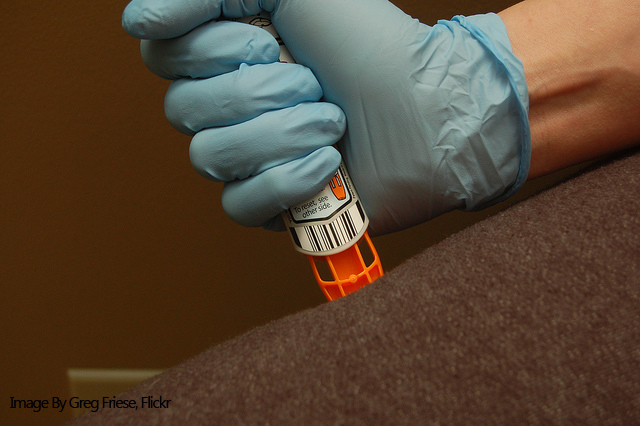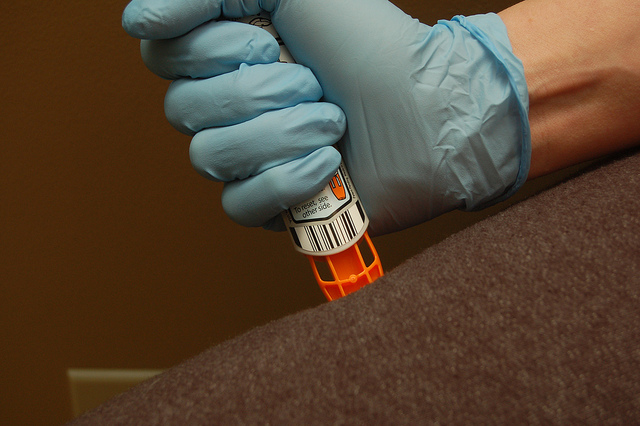Since 2011, drug shortages in the US have been on the decline. However, 2017 saw an increase in drug shortages over previous years prompting the FDA to take action in an effort to prevent these occurrences which compromise patient health.
FDA Commissioner Scott Gottlieb has announced the formation of a Drug Shortages Task Force, to be led by the FDA’s associate commissioner for strategic initiatives, Keagan Lenihan. Not only will this task force be responsible for figuring out what manufacturing issues lead to drug shortages, but they’ll also be looking into potential incentives to help address these challenges.
“I’m charging the shortages task force to delve more deeply into the reasons why some shortages remain a persistent challenge,” said Gottlieb in a statement issued on Thursday. “The charge to this new task force is to look for holistic solutions to addressing the underlying causes for these shortages.”
In 2012, the Food and Drug Administration Safety and Innovation Act (FDASIA) was established to give the regulator greater oversight on drug shortages. FDASIA required pharmaceutical companies to warn the FDA about manufacturing problems that could lead to temporary or permanent changes in the drug supply. While Gottlieb admits that provisions set forth in FDASIA have helped them get ahead of drug shortages, the new Drug Shortages Task Force will be challenged with improving this process even more.
Currently, there are over 100 medications considered to be in shortage in the US, with many of these issues being attributed to increased demand, shortage of active ingredients and failure to comply with good manufacturing practices (GMP). However, Gottlieb says that generic drugs with slim profit margins that are also complicated to manufacture due to sterility requirements are often those that are most at risk of being in short supply.
Since the financial incentive to produce these drugs is small, the number of pharmaceutical manufacturers that supply the US market has continued to dwindle, leading to scenarios where patients are reliant on a single source of a medication. This, combined with manufacturing issues when companies are unwilling to invest in maintaining production plants, makes shortages of these drugs even more likely.
“I believe long-term solutions must include those that encourage companies to invest in more capacity to make these important medicines, and to produce them with robust manufacturing processes that ensure consistently available quality products,” said Gottlieb. “But we also need to look more broadly across the entire pharmaceutical industry, health care providers, payors and government regulators for structural solutions that keep these shortages from happening.”
In addition to Lenihan, the new Drug Shortages Task Force will also include other FDA staffers, along with stakeholders from the Centers for Medicare and Medicaid Services (CMS) and the Department of Veterans Affairs. The group members will examine current factors that may be preventing manufacturers from reliably producing these drugs, and what incentivization programs could be put in place in the future.
For example, the task force will seek to understand whether CMS reimbursement policies might be eating into manufacturers’ profits to the extent that they decide to discontinue production of specific drugs. Establishment of a “critical drugs list, or a list of essential drugs” is another possibility, as is providing additional financial incentives to drugmakers who provide access to these medications.
“We look forward to continuing our collaborative efforts with industry, patients, healthcare professionals, Congress and other stakeholders to address this vital public health issue,” concluded Gottlieb. “Our mission is to ensure that patients have access to the drugs they need. We’ll keep the public informed about current drug shortages and our efforts to prevent and mitigate new ones.”












Join or login to leave a comment
JOIN LOGIN